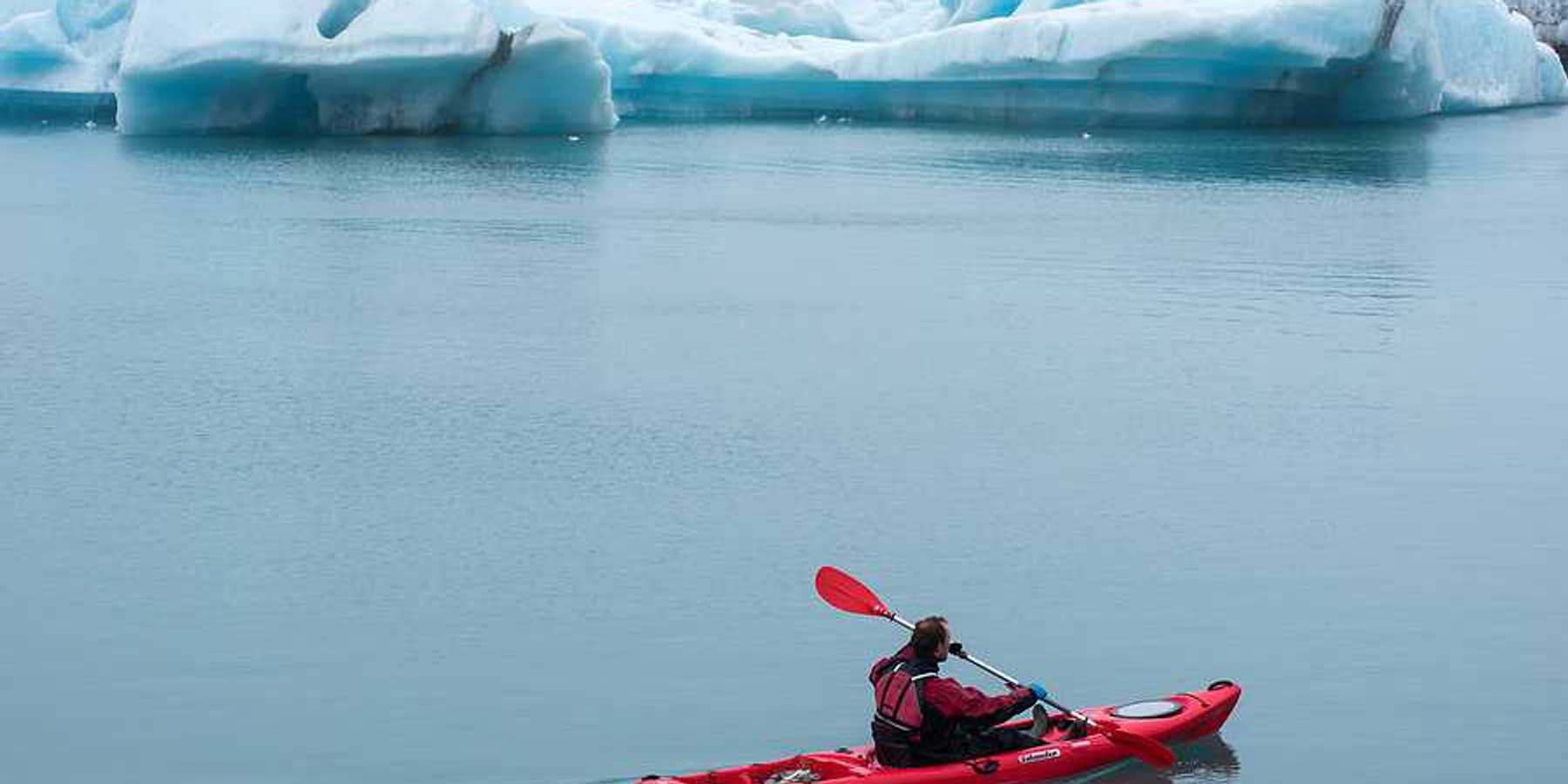Environmental journalism's replacement cycle
Environmental stories abound. Hopefully so will the people to tell them.
More than a generation of environmental specialists have left a wealth of experience, and a bounty of institutional memory, to build on. And unfortunately, the volume of subject matter is as bountiful as ever.
Some of the old guard is leaving, by choice or not. Can their brains and breadth of experience be replaced?
The latest departure from a "traditional" news outlet is Don Hopey, who announced his taking a "meager buyout" after three decades at the Pittsburgh Post-Gazette. He chronicled much of the most prominent environmental comeback of an American industrial city and the emergence of new threats in Western Pennsylvania, from fracking and new petrochemical plants. Hopey also served as President of the Society of Environmental Journalists. Thanks, Don. I'm sure we'll hear more from you, and soon.
Here are some folks staying in the trenches that give me hope for the field.
EHN's Pittsburgh-based Kristina Marusic has also done extraordinary work for the last couple of years, including her groundbreaking "Fractured" series. Follow her work at @envirhealthnews or @kristinaSaurusR.
The Desert Sun is a small Gannett-owned daily in Palm Springs, Californa. In recent years, they've done some remarkable work on the prospects for human communities in a hotter, drier world. But the two reporters who led the way moved on to bigger things.
Sammy Roth now covers energy for the Los Angeles Times and fronts their "Boiling Point" newsletter on climate and the environment. Find him on Twitter: @sammy_roth.
Ian James now covers water for the Arizona Republic, watching Phoenix grow as a mega-city and regional farmers cope with potentially terminal water problems. Follow James: @byianjames.
Sharon Lerner is the prolific environment reporter for The Intercept, the seven year old site backed by eBay mogul Pierre Omidyar. Lerner has focused on perfluoride "forever" chemicals. Here she is in an interview with the CBS news feed on EPA whistleblowers. Follow Lerner: @FastLerner.
The Revelator is interesting in more ways than one. First, it professes to "adhere to the highest journalistic and intellectual standards and have an unapologetic love for the wild." In old-school journalism, The Revelator would be disqualified since it's a project of the Center for Biological Diversity, an aggressive advocate and litigant on behalf of species and habitat.
But after reading a couple hundred Revelator stories in recent years, mostly by editors John R. Platt and Tara Lohan, I'm pretty sure that they've got this journalism/advocacy thing figured out. Case in point is a story this week on potential threats to seahorses.
In other words, it's okay to report on nature if you've made your mind up that you're afflicted with "an unapologetic love for the wild." Just like it's permissible for health and medical reporters to have taken sides against cancer or COVID. Find them on Twitter at @revelator_news and the editors at @johnrplatt and @TaraLohan.
Emily Atkin is the reporter who got me thinking about all this. Her incisive, occasionally snarky writing for the New Republic led to a decision to be her own boss. The result is an incisive, snarky climate newsletter called Heated.
Last Sunday, Atkin appeared on CNN's Reliable Sources and gave her own vision of how climate change should be covered.
"The fact is that we're just not treating it like the planetary emergency it is. I mean, we're not learning the lessons that the COVID-19 pandemic taught us, where we have a global crisis, and the entire newsroom mobilizes to cover that crisis. We understand that it infiltrates every single area of our life. … Who doesn't understand the basic science of COVID-19? Why is it not the same for climate change?"
Atkin's Twitter handle is @emorwee. Just for laughs, here's Fox News's hallucinatory take on the discussion between Atkin, CNN's Brian Stelter and New York Magazine's David Wallace-Wade. Just in case you need a reminder of how far some folks still have to come.
Peter Dykstra is our weekend editor and columnist and can be reached at pdykstra@ehn.org or @pdykstra.
His views do not necessarily represent those of Environmental Health News, The Daily Climate, or publisher, Environmental Health Sciences.
Banner photo: A reporter stops to ask some questions during the "Canadians for Kyoto" rally on March 11th, 2007, in Calgary Alberta. (Credit: Visible Hand/flickr)













